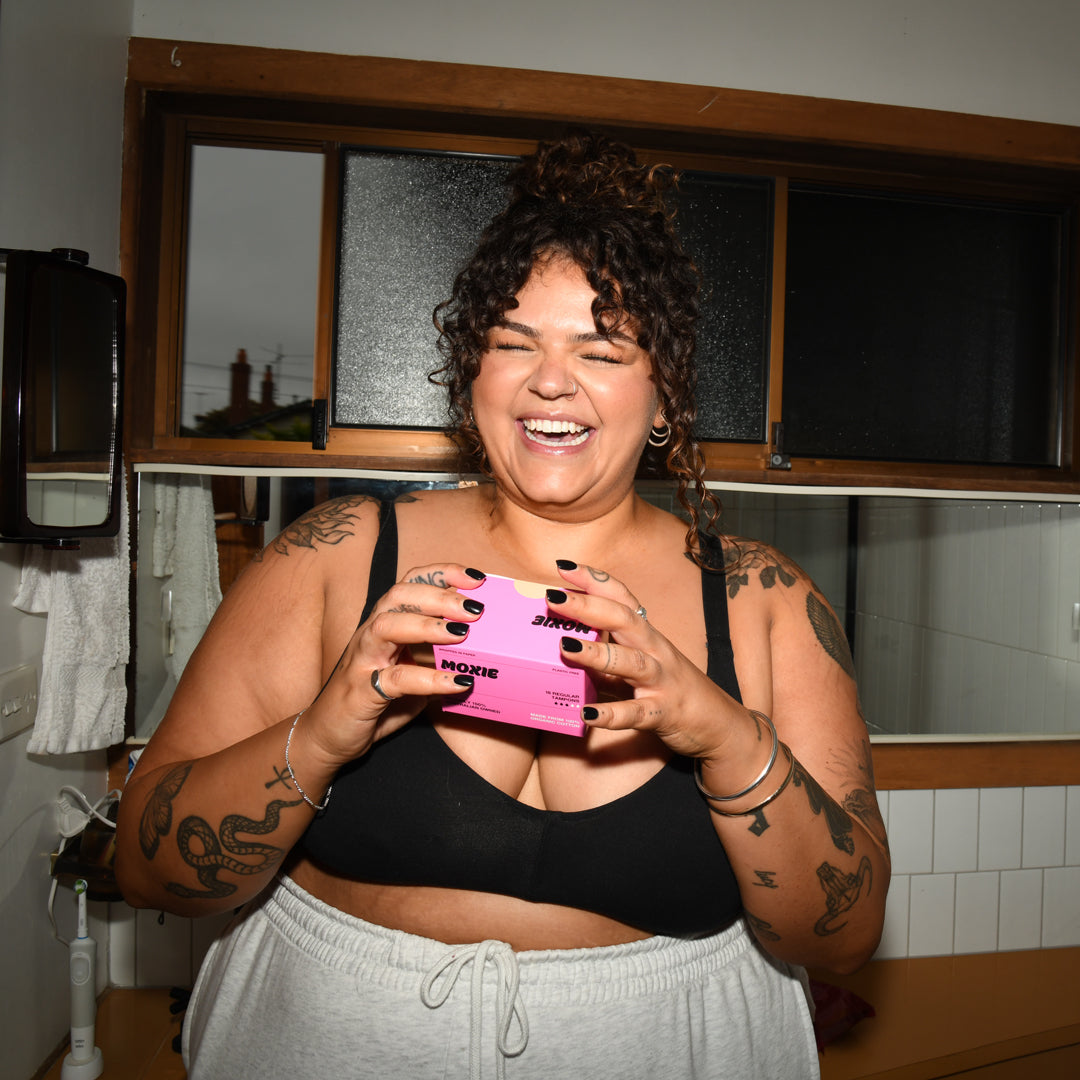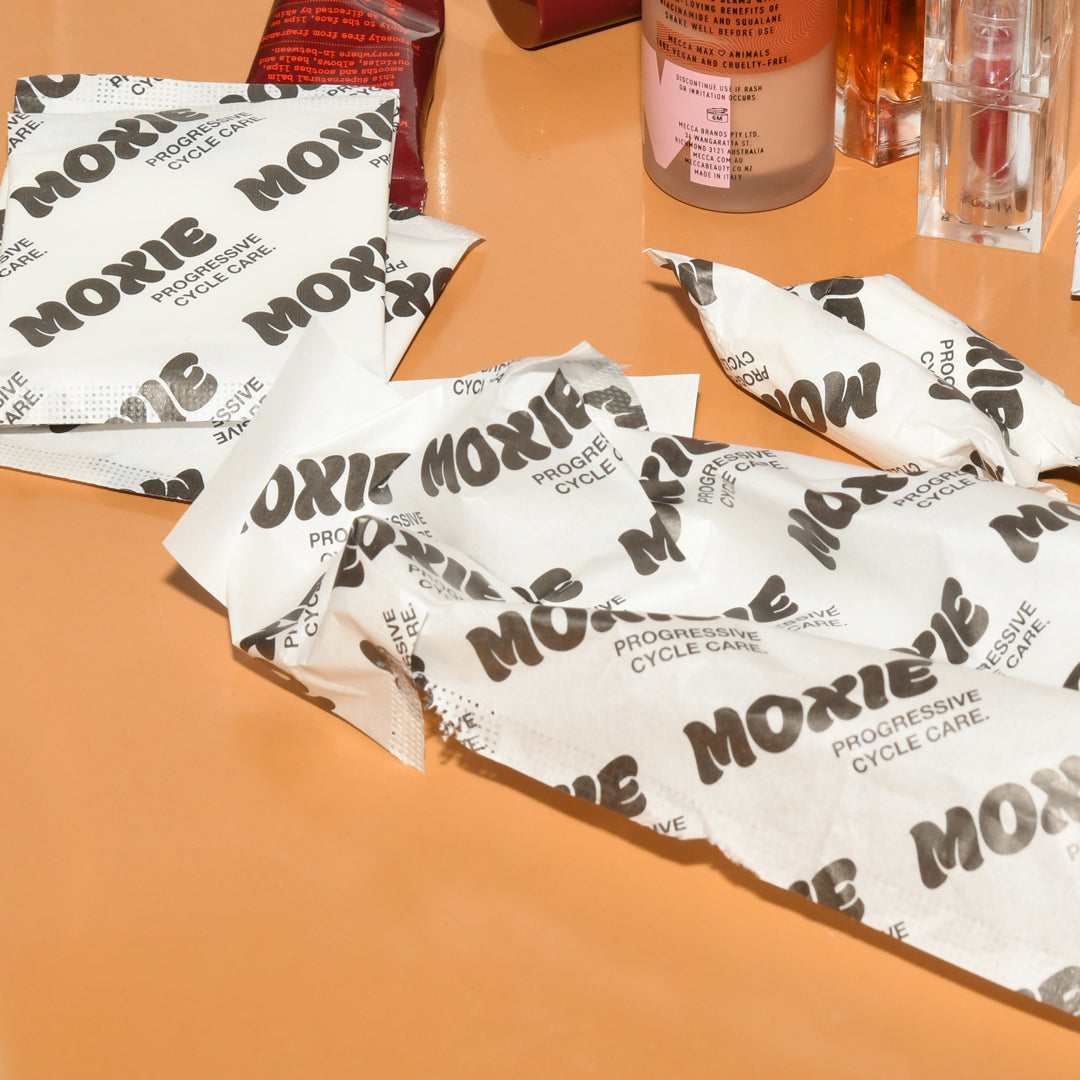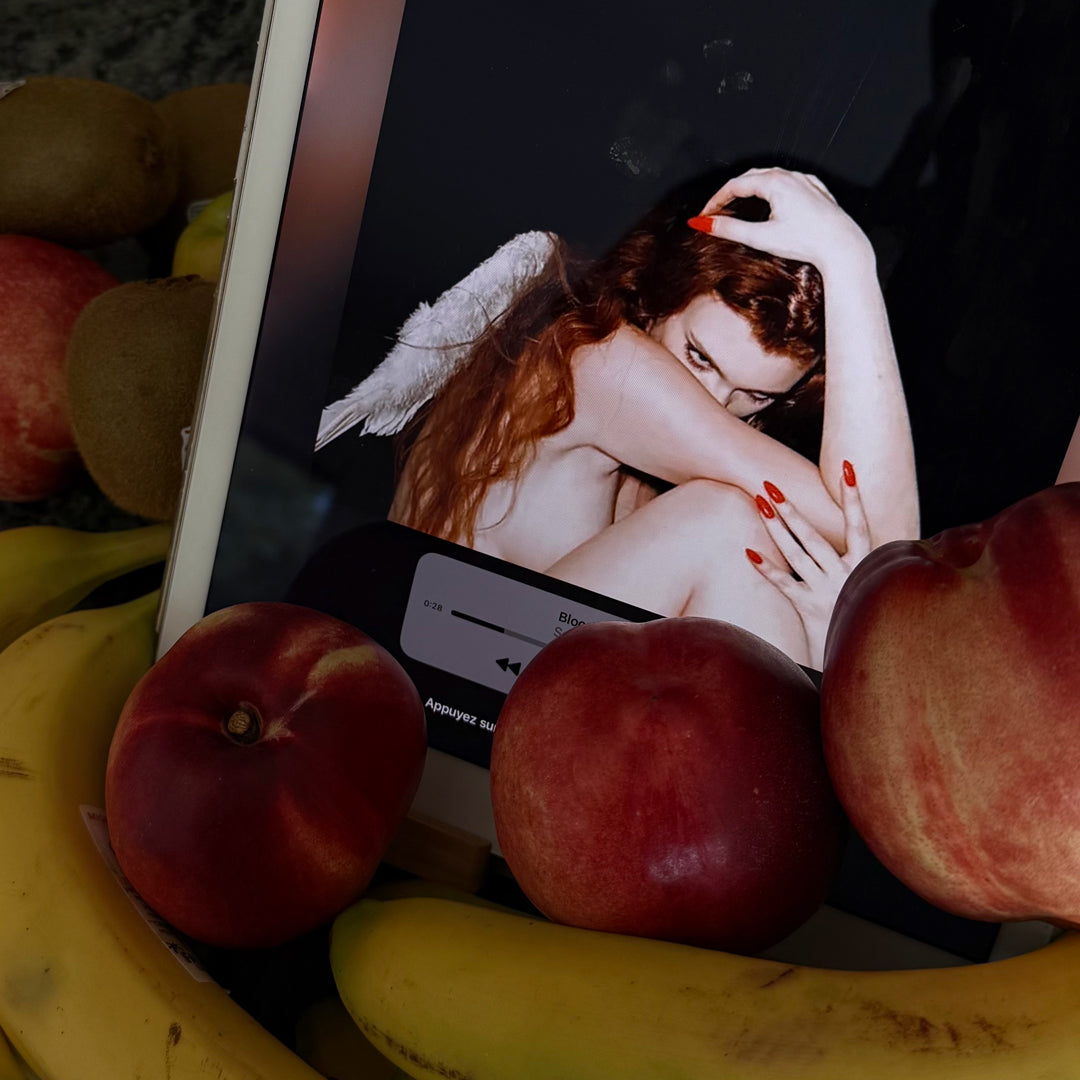The hymen: a myth to be broken.
 Photo by Dainis Graveris.
Photo by Dainis Graveris.
“I think that most kids, man, in hindsight, looking back, they always thank their parents for not allowing them to damage themselves as much as they could have.” - T.I
In late 2019, Rapper and father-of-six, T.I revealed he takes his daughter to the Gynecologist to have her hymen checked to ensure she’s still a virgin. And while the rapper’s remarks created public outcry, they also brought to light the very real, very pervasive fear surrounding female sexuality - that despite years of research dispelling the long-held notion that a hymen breaks after a woman’s first vaginal penetration – its myth pertains.
Firstly, let’s get one thing clear: a hymen can’t break, shatter or disappear. If it did, it would be quite the genital magic trick, but it seems even science can’t dispel the dread induced in some at the sheer thought of a woman having any kind of sexual inclination, and then acting on it. An erect penis might as well be a daisy in a meadow compared to the dark depths that lay beyond the labia.
WHAT EXACTLY IS A 'HYMEN'?
The hymen - a rim of tissue at the outer opening of the vagina, varies from body to body. Some hymens have fringes, other’s several holes, some resemble donuts, some half-moon crescents - the diversity is wide and the hype is real. Due to its various shapes, it’s difficult to ascertain whether a dent or fold is the result of sexual intercourse or a normal anatomical variant. What unites each hymen isn’t its ‘breakability’ but its elasticity; its ability to stretch and expand to handle vaginal intercourse without sustaining any damage from it. And while in some cases the hymen may tear slightly in order to make room, it can’t ever ‘break’ or ‘disappear’.
YOUR HYMEN REALLY HAS NOTHING TO DO WITH YOUR SEXUAL HISTORY
In their Ted Talk The Virginity Fraud doctors Nina Dølvik Brochmann and Ellen Støkken Dahl attempt to dispel the hymen myth noting the absurdity of virgin testing illustrated in a study done on 36 pregnant teenagers. When doctors examined their hymens, they could only find clear signs of penetration in two out of the 36 girls. So unless you believe in 34 cases of virgin births, a woman’s sexual history cannot be found between her legs.
And yet, despite all the research reasoning with us to believe otherwise, hymen’s are still used as a vehicle to control women’s sexuality in almost every culture and religion. To this day, women are shamed, mistrusted and punished for engaging in sex before marriage. A systematic review on hymen checks by WHO denounced the practice as human rights violation that is “detrimental to [a patient’s] physical, psychological and social well-being.” The report went on to disclose that virginity testing can be performed on many girls at once, often by untrained individuals or in unhygienic settings; increasing the risk of STIs and HIV. In some cases, patients experience further violence if they “fail” a test, from physical abuse to murder.
Much of the urgency driving this hymen-hunt is blood. History is still anchored on the belief that when a hymen breaks, it bleeds - a show of virginal relief for partners and families, and perturbation for those whose genitals don't beckon to the call of irrational will.
With not all first-time sexual encounters resulting in a loss of blood, many women have turned to the beacon of capitalism for hope via fake hymen kits. These kits, placed in the vagina before intercourse, spurt blood during the act. Protecting women while perpetuating the problem is disputable, but for many it’s the only means of protection.
HYMENS AND VIRGINITY
Virginity is steeped in a complex, sexist history. Even the search for its very existence is murky; clear ‘evidence’ is never uncovered, science is dismissed and what we are left with is trauma, rationalised as mere collateral damage in the pursuit of honour. We aren’t closer towards uncovering the ‘truth’ about virginity but we are closer to reinforcing its inexistence, albeit unintentionally.
But perhaps the bigger question underlining this entire issue isn’t about power or sexuality at all, but our humanity. We look inside a body and expect it to reveal to us what has happened to it, to tell us where it has been, what it has seen, how it feels, where it hurts, but rarely do we look outside of ourselves to ask the owner of its anatomy - this woman, this person - what they feel. What would she want us to know? In distilling a woman’s merit to her sexual history, we dismiss her worth as a person; one with thoughts, skills, insight and feelings. Is her worth in the fold of her skin or in the other body she chooses to share hers with? When we begin to equate pleasure with shame, and prioritise trauma above safety we lose more than just morality, we lose ourselves.
SO, WHERE TO FROM HERE?
On an individual level, we can start by educating ourselves and others that virginity isn’t broken, though the concept should be. We can dispel the hymen myth through conversations steeped in fact not fiction. And we can advocate for change through a legislative level - bills like Michaelle Solages’s push to prohibit the unnecessary practice of ‘virginity tests’ in the state of Virginia is one step in the right direction.
Sex for the first time can be incredibly meaningful, but it can also be transactional, fleeting, traumatic and inconsequential. But it’s up to us to guide these conversations with empathy not invasiveness.

About the writer
Anastasia is a writer and producer based in Naarm/Melbourne. The former Copywriter of Frank Body, Anastasia has gone on to write for a range of agencies and brands including Dame Products, The Company Your Keep, Harry Potter and the Cursed Child and The Red Tales Podcast. More recently, Anastasia has completed her masters in Producing at the Victorian College of the Arts (VCA) where she produced a range of ambitious shorts including The Soft Skinned and Go with Grace. She is looking forward to combining her love of language and image for the screen. In her spare time, she loves to go to the cinema, travel, and fight over RuPaul's Drag Race.



